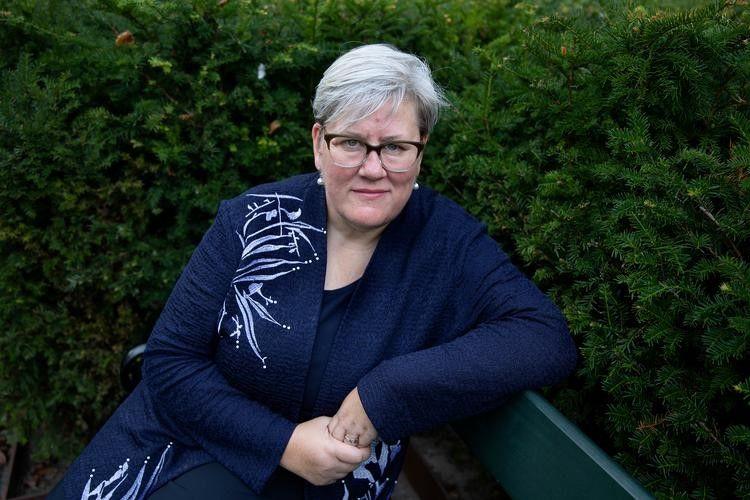-

Hear from Professor Monica Toft
Learn how Professor Monica Toft is shaping the study of global affairs and diplomacy at Fletcher.
Hear from Prof. Toft -

Explore Fletcher academics in action
Fletcher Features offers insights, innovation, stories and expertise by scholars.
Get global insights -
Get application tips right from the source
Learn tips, tricks, and behind-the-scenes insights on applying to Fletcher from our admissions counselors.
Hear from Admissions -

Research that the world is talking about
Stay up to date on the latest research, innovation, and thought leadership from our newsroom.
Stay informed -
Meet Fletcherites and their stories
Get to know our vibrant community through news stories highlighting faculty, students, and alumni.
Meet Fletcherites -

Forge your future after Fletcher
Watch to see how Fletcher prepares global thinkers for success across industries.
See the impact -

Global insights and expertise, on demand.
Need a global affairs expert for a timely and insightful take? Fletcher faculty are available for media inquiries.
Get in Touch
In Tigray, Sexual Violence Has Become a Weapon of War
Dean Rachel Kyte and Helen Clark, former PM of New Zealand, discuss the instances of sexual violence attributed to the war in Ethiopia and encourage international actors to step in, via their article in Foreign Policy.

In recent weeks, women in Tigray, Ethiopia, have started coming forward with the most painful stories imaginable about how they have been sexually violated and tortured by soldiers of the Ethiopian and Eritrean armies.
It takes courage for any woman to speak about her experience of rape. In a conservative society such as Ethiopia’s, it takes special bravery for a woman to share the most intimate and agonizingly raw details about her ordeal.
Every journalist or humanitarian worker who has interviewed these survivors says that the reported cases are only a fraction of the true number. Medical staff report that the majority of the cases they are seeing are women and girls who have been subjected to horrific sexual assault. Those who speak out know that they are thereby placing themselves are at risk of reprisal.
The evidence they present speaks to a pattern of widespread and systematic sexual violence perpetrated by men in uniform. In his briefing to the United Nations Security Council on April 15, Mark Lowcock, the U.N.’s emergency relief coordinator, shared one story. “An internally displaced woman who recently arrived in Shire,” he said, “explained that when conflict began in her town, she fled and hid in the forest for six days with her family.” She gave birth while in hiding, but “her baby died a few days later—at the same time that her husband was also killed. When she resumed her journey, she met four Eritrean soldiers who raped her in front of the rest of her children throughout the night and into the following day.”
Lowcock was left to conclude, he continued, that “there is no doubt that sexual violence is being used in this conflict as a weapon of war, as a means to humiliate, terrorize, and traumatize an entire population today and into the next generation.”
This reality can no longer be ignored or denied. Doing so is not a matter of attributing blame for who began the hostilities in Tigray last year. It is not a matter of regrettable civilian casualties as a collateral to military operations. Rather, it is a recognition of war crimes and probably crimes against humanity being committed against women and girls.

